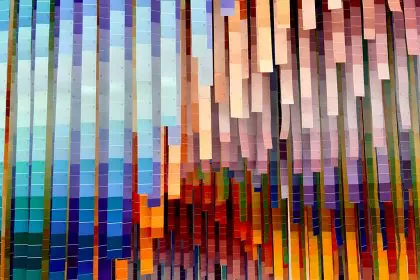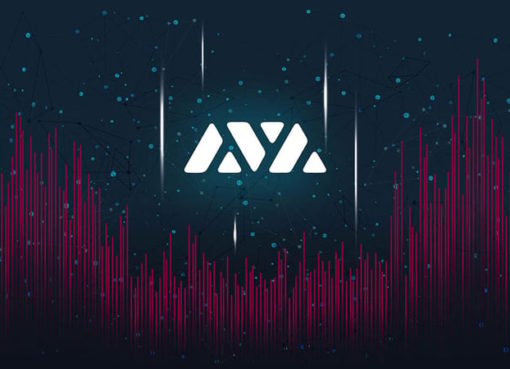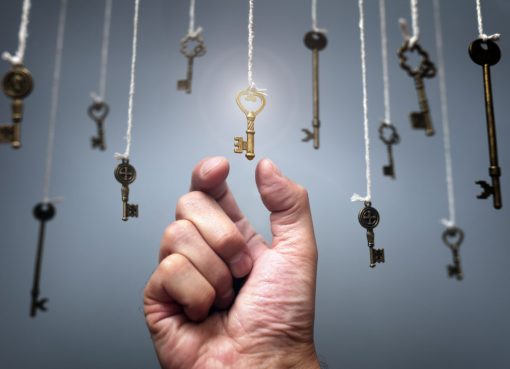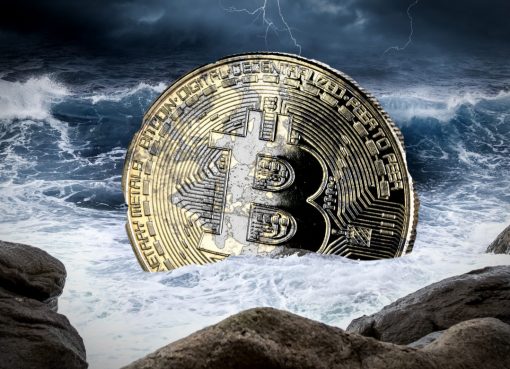NFTs not only bring a lot of money to holders, investors and artists, but also open up new opportunities for the gaming and art industries.
NFTs have become the hottest trend in fintech and crypto over the past few months. The technology is not new – it has been used for several years – but the recent surge in interest clearly warrants a closer look at this phenomenon. So let’s dive in and find out what the big deal is with NFTs.
What Are NFTs?
Tokens and coins are fungible, just like fiat currencies. Basically, this means that you can use any BTC – or ETH or any other coin – in place of any other BTC without any loss in value or properties. NFTs – non-fungible tokens – are unique. There are no two identical NFTs in existence – every single token has its own properties and value and cannot be faked, altered, forged or copied.
Current State of the NFT Market
Since their first appearance on the Ethereum blockchain in 2017, NFTs have turned from a curiosity into a highly sought asset class. This has been especially true in recent months.
The total NFT trading volume in 2020 amounted to $338 million, according to a report by L’Atelier, a subsidiary of BNP Paribas. In February 2021 alone, NFT trading volume amounted to $340 million. So the term “explosive growth” is not an exaggeration.
What Are NFTs Used for?
The most notable application of NFT is in the world of art. After all, unique digital tokens are a perfect tool to manage rights to unique objects like works of art.
Therefore, musicians, writers and artists have started to use NFTs: DJ 3LAU tokenized his music album and sold NFTs for $11.6 million. Grimes (the mother of Elon Musk’s child) tokenized four drawings and sold 400 NFTs which raked in $5.8 million.
Jose Delbo, former DC comics artist and the author of original Wonder Woman drawings from 1976-1981, tokenized his original drawings of the character and sold 914 NFTs for $1.85 million.
Arguably the most notable event in the NFT art market is related to Banksy, the British anonymous artist. His work “Morons (White)” was bought by Injective Protocol from Taglialatella Gallery in New York for $95,000, tokenized and destroyed. Well, its physical copy was destroyed, so “Morons (White)” currently exists only in the form of a tokenized digital image. It is the first confirmed case of turning a physical asset into a virtual one.
But the most promising area of use is gaming. Blockchain is well-suited for securing players’ rights to digital assets and NFTs open up a plethora of opportunities for organizing in-game markets and game monetization. Besides, the very first NFTs were released for a computer game – the infamous CryptoKitties, based on the Ethereum blockchain.
Since CryptoKitties, which was a rather primitive game, the use of blockchain and NFTs in video games has come a long way. Let’s take a look, for example, at VulcanVerse, one of the most anticipated games using NFTs.
VulcanVerse is the first game that combines the use of blockchain technology that allows players to secure ownership of in-game assets, including virtual land, with AAA graphics and top-notch gameplay.
VulcanVerse is developed by the Fighting Fantasy team and represents a new level in metaverses. It combines a deeply thought out fantasy world, immersive combat, beautiful visuals and a comprehensive MMO system, including P2P market where in-game assets, items and lands are traded – and the volume of this market has already exceeded $6 million.
Thus, NFTs not only bring a lot of money to holders, investors and artists, but also open up new opportunities for the gaming and art industries. Expect to see greater adoption and more mainstream media headlines as NFTs transform every industry they touch.
Please check out latest news, expert comments and industry insights from Coinspeaker’s contributors.




